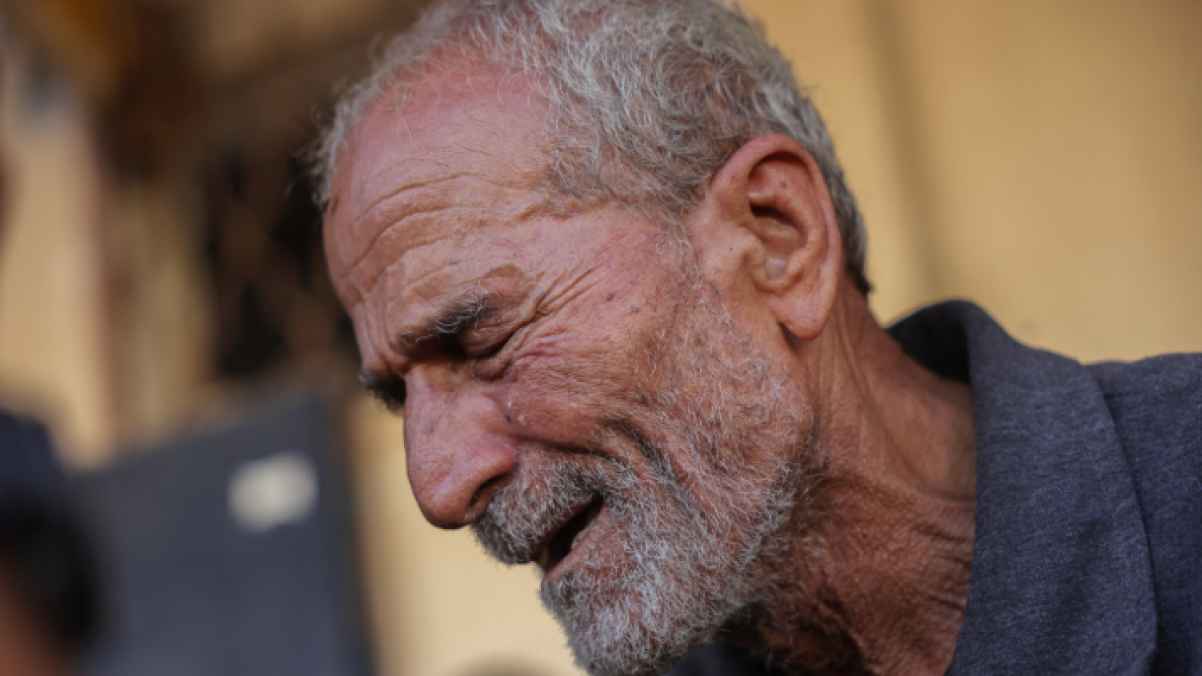The Pain of Men in Gaza… A Silence Heavier Than Words

In Gaza, where the blockade stretches like a silent wall that suffocates every breath, men always stand at the front, burdened with invisible weights. Their faces may not shed tears, but their features reveal a pain deeper than words. Men who were once the pillar of strength now find themselves unable to shield their families from hunger, from shelling, or from the cold that bites into children’s bodies.
Here, pain is not a wound to the body, but a fracture of the soul—when a man fails to fulfill the simplest duties toward his loved ones.
The torment they endure cannot be measured. It is the torment of a man who hears his daughter cry for a piece of bread and cannot provide it. The torment of a father who watches his house collapse before his eyes in a second, left afterward homeless, clutching his children in his arms under the open sky. The torment of a young man who dreamed of a simple life—of study, of work worthy of his dignity—only to find every door to the future sealed by the blockade, leaving his heart pierced with sorrow.
This grief is hard to speak of, for it goes beyond language. How do you describe the agony of a man who pretends to be strong before his family, then collapses alone in the night? How do you explain the pain of a man watching his children grow up in deprivation they never deserved? How can you tell the story of men who bury their loved ones with their own hands, only to return in silence, swallowing their bitterness so no one else can see?
Men in Gaza are not just images on the news; they are stories of flesh and blood and tears held back. They hide behind a façade of resilience, though inside them lies an ocean of fractures—an ocean where silence drowns words, and muffled cries echo unheard.
And yet, in their hearts, a fragment of light remains. A light carried by the Gazan man as he drags his steps each morning to provide for his family, no matter how hopeless the road seems. A light of faith that what he endures is only a harsh trial, and that dignity survives even when spirits break. In the besieged strip, the anguish of men is a long story, written in unseen tears and in torment beyond description—yet still bearing witness to a different kind of resilience.
